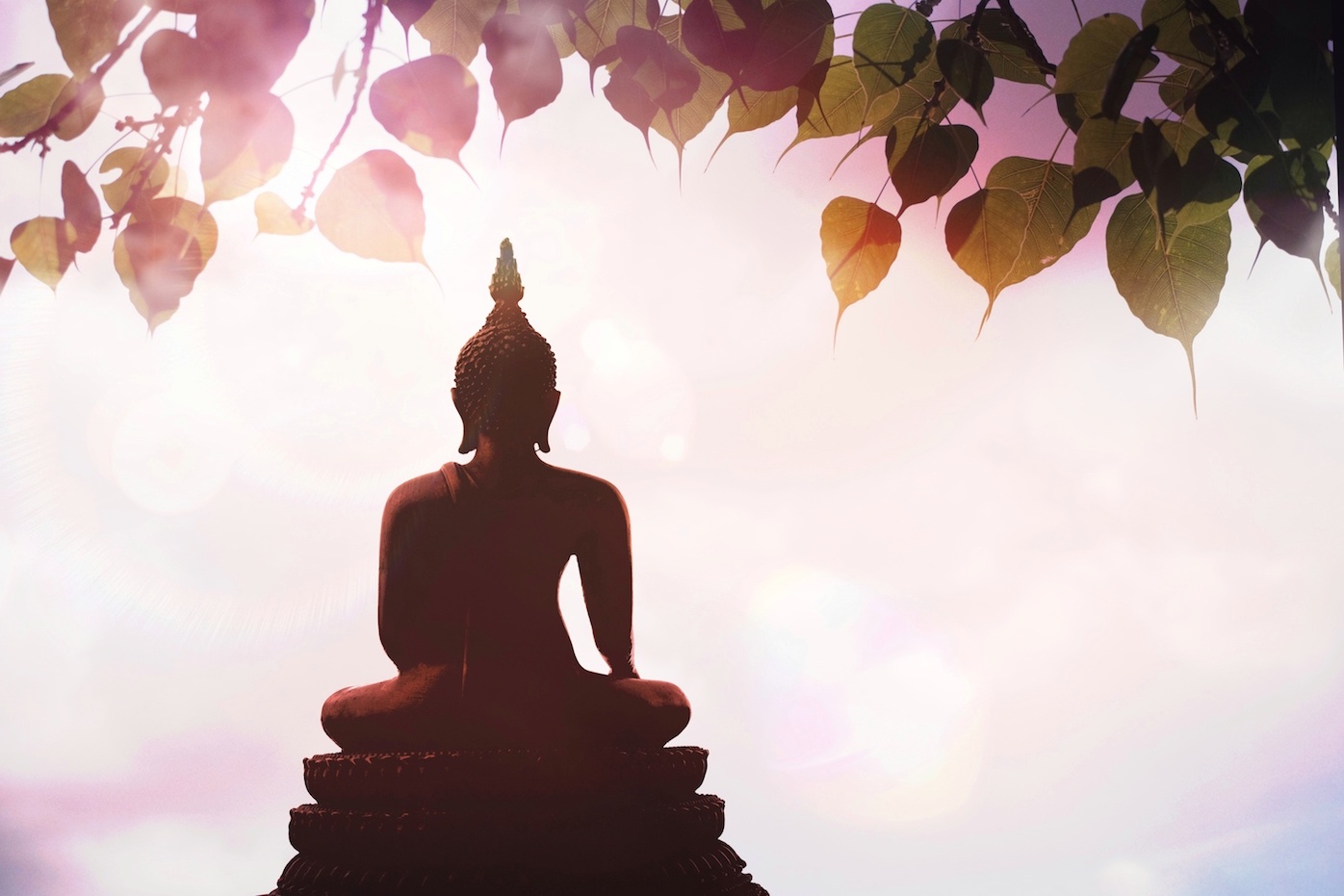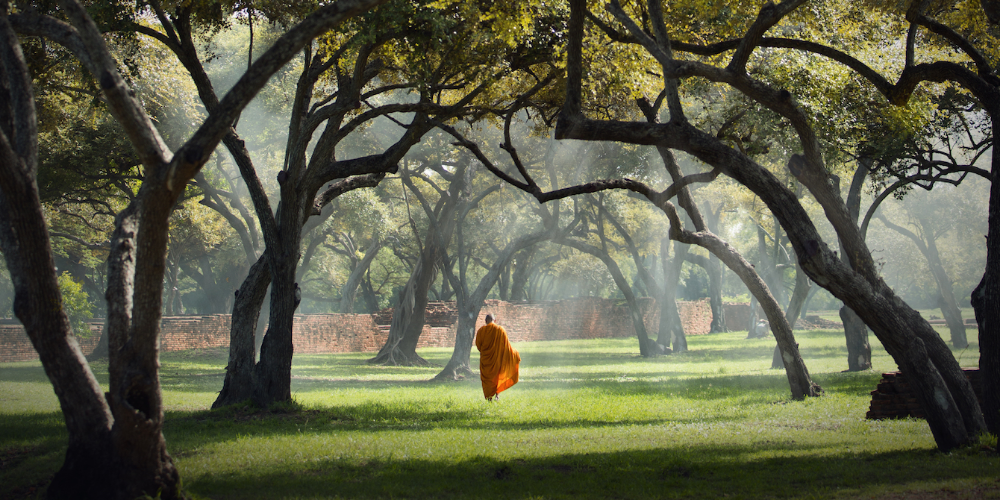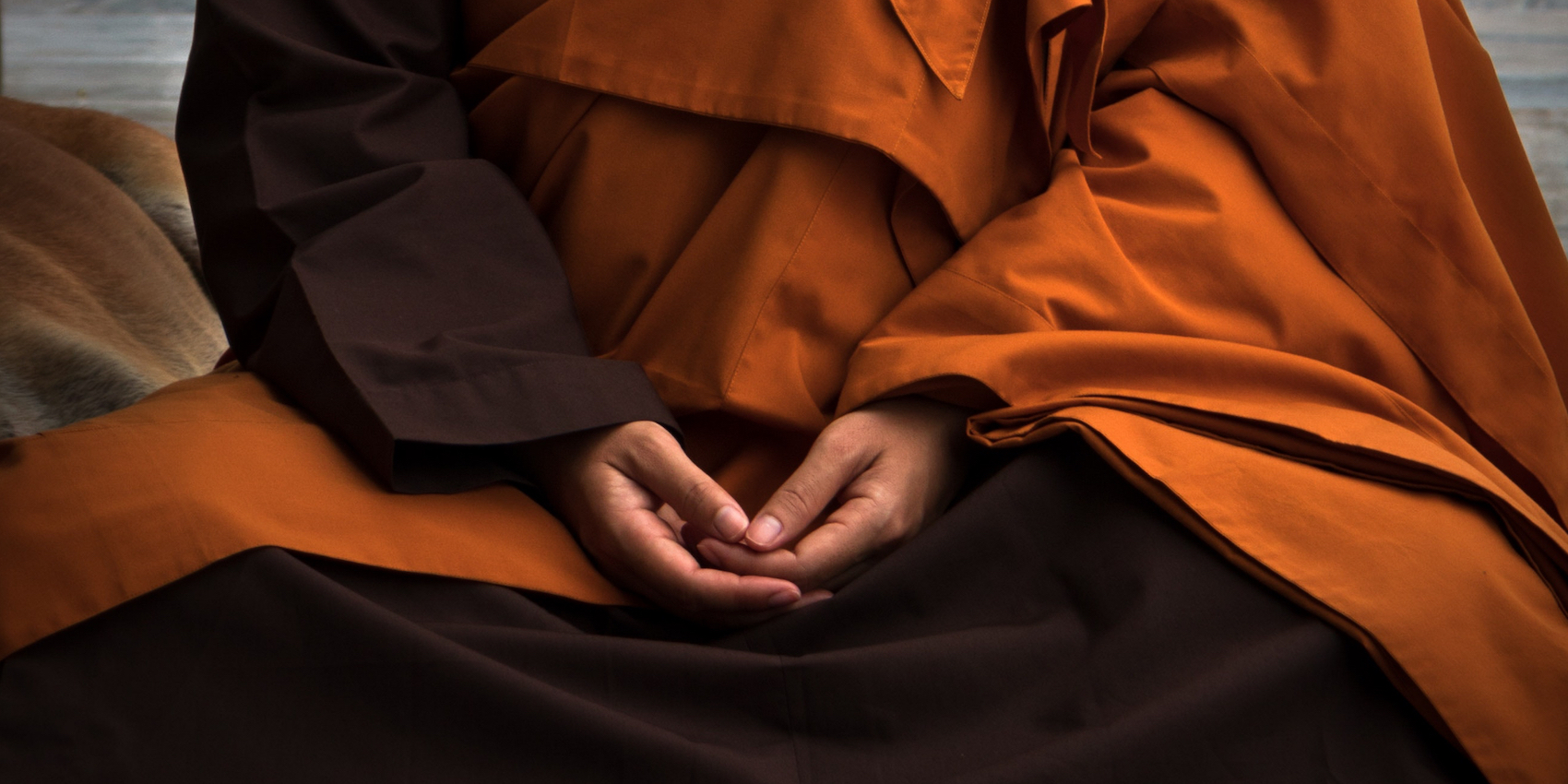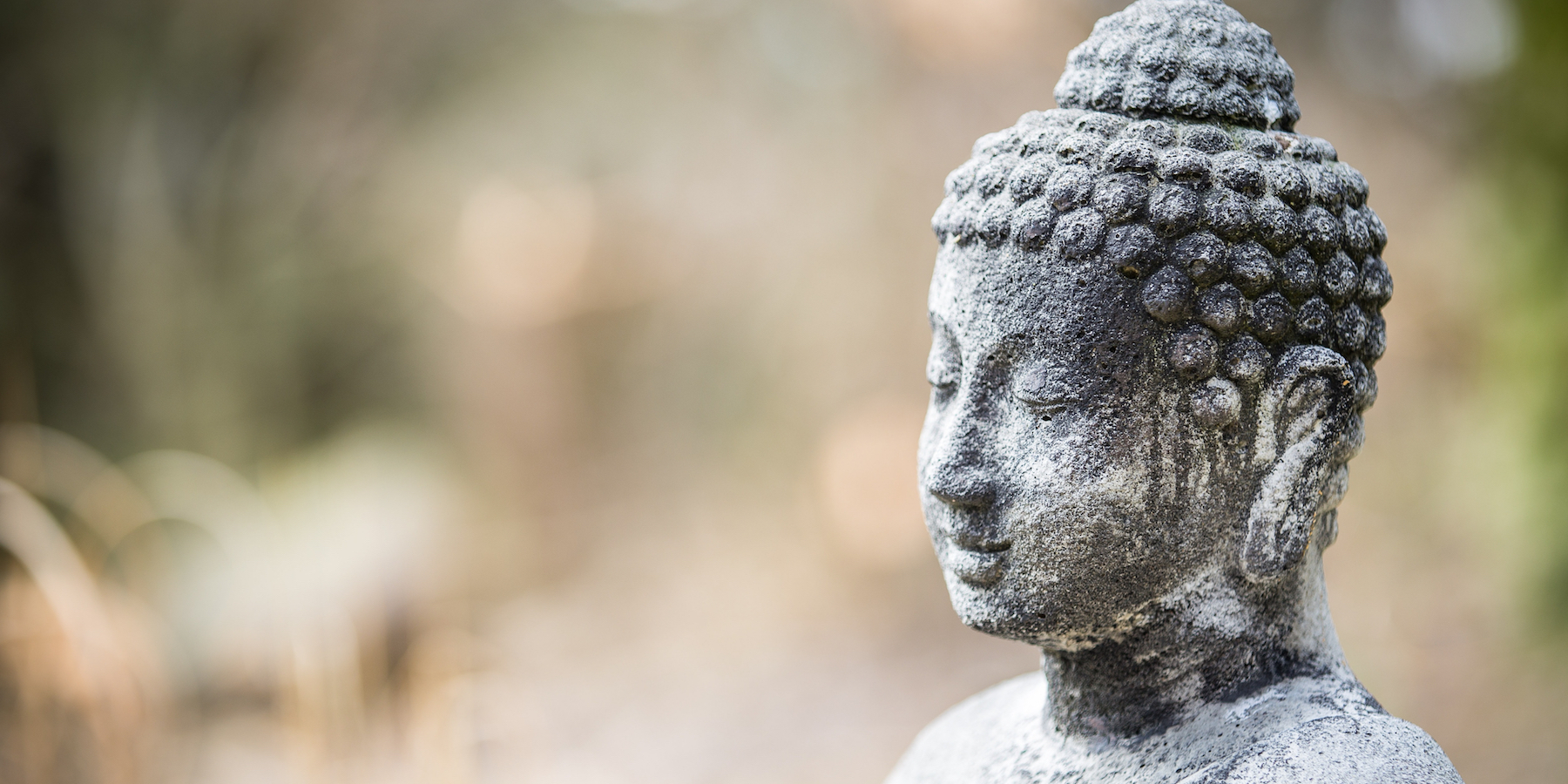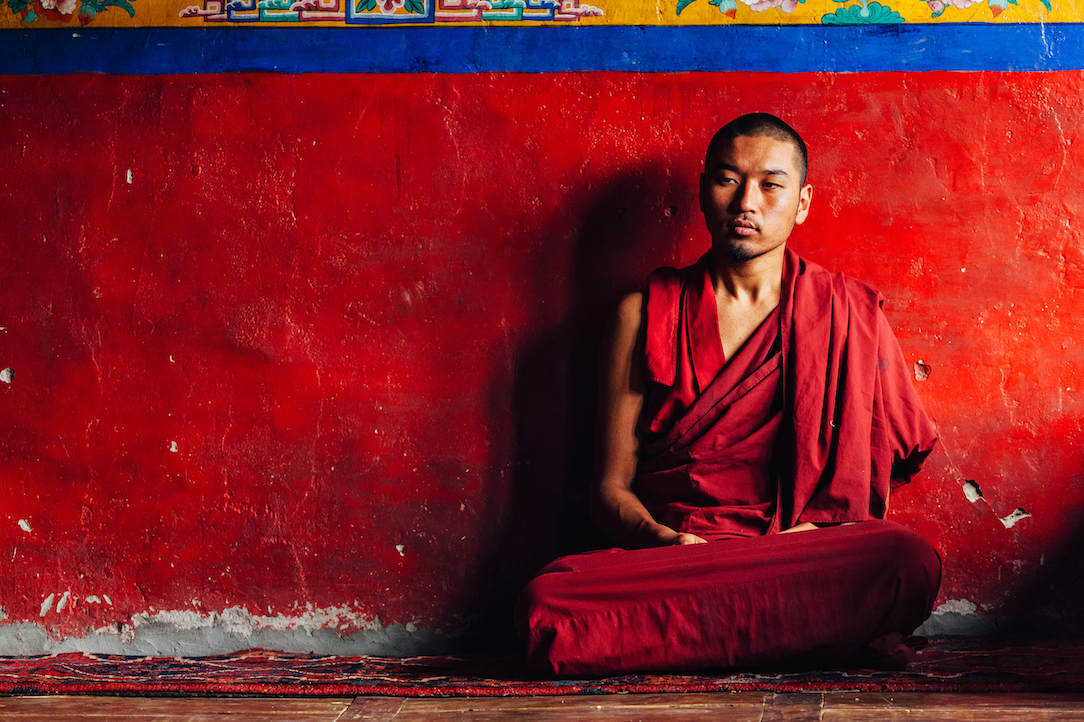Human beings have always had beliefs in good luck and bad luck, no matter their culture: superstitions, lucky charms, omens, divinations, or fortune-telling. For example, people in the West toss salt over their left shoulders to cancel bad luck from spilling it, and people in China avoid bad luck by never using a broom except to sweep their floors.
Buddhism is a religion and philosophy rooted in the teachings of Siddhartha Gautama, more commonly called the Buddha. Importantly, the teachings of the Buddha did not involve superstitions — he taught mindfulness, responsibility for one’s own life, and cultivating positive energy.
However, as time passed and Buddhism spread across diverse regions, it encountered various cultural beliefs and practices. This led to a fusion of local customs with Buddhist teachings, resulting in unique rituals, symbols, holidays, and superstitions within each community.
Key takeaways
- Learn about different buddhist superstitions and symbols of luck that developed from the blending of buddhist teachings and local cultures.
- Understand the Buddha’s teachings of individual responsibility over social superstitions.
- Discover mindfulness practices with Insight Timer to help you navigate your journey to responsibility and away from superstitions and bad luck.
Feel like you have bad luck? Practice positive breathing on Insight Timer with Karma Yeshe Rabgye, a Western Monk in the Kagyu tradition of Tibetan Buddhism living and teaching in Ashoka Buddhist Temple, Khuda Ali Sher in Northern India.
What are buddhist superstitions?
At the center of buddhism is the Dharma, the teachings of the Buddha. The Buddha does not teach about items or activities with inherent supernatural powers, or superstitions.
However, as Buddhism spread, it developed into different types of Buddhist practices, each their own unique blend of regional customs, folk traditions, and interpretations of spiritual symbols.
These practices, due to their combination with local traditions, usually involve some superstitions. Buddhist superstitions often involve using an item or ritual to bring in good luck or ward off bad luck.
Additionally, there are various symbols used to represent key concepts and teachings in Buddhism. Some of these symbols can also be seen as superstitions, items that bring good luck.
Examples of Buddhist superstitions
Here are some examples of Buddhist traditions with superstitions in different cultures:
Thai Buddhism:
- Wearing certain amulets or lucky charms is believed to provide protection and good fortune.
- Gain positive karma by engaging in merit-making rituals, such as releasing animals.
Tibetan Buddhism:
- Hang prayer flags to bring blessings and ward off negative energy.
- Prayer wheels are believed to have a purifying effect when spun.
Chinese Buddhism:
- Place Buddha statues or symbols in specific directions for positive energy.
- Lighting incense is believed to connect you with the divine and blessings.
Examples of buddhist symbols
Here are some important symbols in Buddhism that are believed to have positive energy:
- The Bodhi tree is where the Buddha reached enlightenment. As a symbol of spiritual awakening, the tree and all its aspects are revered.
- Buddha statues are representations of the enlightened one, believed to bring peace and inspiration.
Artworks depicting Buddhist deities and scenes, called Thangka paintings, are believed to have protective qualities.
The Buddha’s teachings on superstitions
The Buddha did not believe in luck, fate, or chance, but he did not criticize people for their cultural beliefs. He taught individual responsibility and rational thought over social obligations and fearful superstitions.
In the teachings of the Mangala Sutra, people asked the Buddha what the most promising fortunes were and which ones they should follow. He didn’t directly answer the question, but instead gave guidelines on how we can make our own lives fortunate without relying on any supernatural powers.
Low art: superstitions without individual responsibility
What the Buddha did teach against were practices of “low art” — engaging in certain practices that don’t require personal responsibility while also not doing any individual work towards enlightenment, like mindfulness and meditation.
For example, a Buddhist practices low art if they go to long-life ceremonies meant to help them live a long time without at the same time taking personal responsibility for doing helpful practices or changing their lifestyle. This is just superstition without individual practice (changing actions of body, speech, and mind).
The Buddha believed that such things as low art are of no use because we have to take responsibility for our own lives. In the Anguttara Nikaya III of the Sutra Pitaka, he spoke highly of responsible people and described them:
They do not get carried away by superstition; they believe in deeds, aspiring to results from their own deeds through their own effort in a rational way; they are not excited by wildly rumored superstition, talismans, omens, or lucky charms; they do not aspire for results from praying for miracles.
How to overcome superstitions with Buddhism
Buddhism advocates for a balanced and practical approach of individual responsibility between superstition and skepticism — rather than embracing blind adherence to rituals or dismissing all beliefs outright.
This balanced perspective seeks to avoid excessive belief without evidence as well as rigid skepticism, empowering us on our own individual paths and fostering a space for open-minded inquiry and personal discernment within spiritual beliefs.
Use Buddhist mindfulness practices
Incorporating mindfulness in the context of superstitions is not about rejecting beliefs outright but rather fostering a conscious, present awareness that enables practitioners to engage with superstitions with wisdom, discernment, and an unwavering connection to the present reality.
Here are some Buddhist mindfulness practices:
- Observe thoughts, emotions, and reactions without judgment: Guided mindful breathing and meditation practices help us observe ourselves without judgment.
- Observe thoughts, emotions, and reactions without judgment: Guided mindful breathing and meditation practices help us observe ourselves without judgment.
Stay present in the face of uncertainty: Learning to stay present is a journey, and there are techniques that help us along the way such as body scan meditations and grounding exercises.
Go deeper with our introduction to Buddhist mindfulness.
How to address bad luck with Buddhist practices
In Buddhism, bad luck symbols are not seen as intrinsically evil but as tools to practice the power of perception and intention. Buddhist teachings emphasize the impermanent nature of all phenomena, including the symbols we associate with ill fortune.
Just like how we must use individual responsibility to avoid blindly believing superstitions, we can cultivate resilience and adaptability against bad luck — rather than being passive recipients of perceived bad luck — by understanding that these symbols are transient and subject to change.
Rituals and practices within Buddhism encourage us to be responsible for our journey to redirect bad luck toward positive transformation by engaging in acts of merit and meditation.
Act with compassion
Trying to live and behave with virtue helps lower the perceived impact of negative symbols. We can cultivate this way of life through acts of merit:
- Engage in acts of kindness and generosity, no matter how small.
- Offer symbolic gifts or perform charitable deeds to redirect energy towards positive actions.
- Do the Om Mani Padme Hung Mantra of Compassion and Wisdom.
Cultivate intentional mindset shifts
Instead of being controlled by our fear of bad luck, we need to shift our mindset from fear to growth:
- Visualize the transformation of negative symbols into representations for growth.
- Set conscious intentions to approach challenges associated with symbols as opportunities for spiritual development.
- Embrace a mindset that sees adversity as a path toward greater wisdom and compassion.
Use positive affirmations
Shifts in self-talk from worry and negativity to positivity contribute to a more empowered and optimistic mindset — a mindset that is more resilient against bad luck. Here are some practices for shifting to a positive mindset:
- Incorporate positive affirmations in your everyday life to reframe thoughts and beliefs associated with negative symbols.
- Affirm your resilience, strength, and capacity for growth in the face of perceived challenges.
Listen for free: This powerful 4.9-star guided session, “I Am affirmations,” focuses on releasing and healing limiting beliefs about abundance and success.
Buddhism: Finding harmony of mind, spirit, and superstition
Superstitions, both for good and bad luck, are present in every culture. Buddhism teaches us to not blindly believe in good fortune without individual responsibility or have our lives be dominated by fear of bad luck.
As we navigate the sea of superstitions, let us embrace the profound teachings of Buddhism to foster a balanced, empathetic, and transformative approach to luck and spirituality through mindfulness and meditation.
Practice mindfulness with Insight Timer to begin your journey away from superstition and towards a balanced life.
- Relaxing Your Mind Karma Yeshe Rabgye 8:30
- Experience Stillness Karma Yeshe Rabgye 16:41
- Mindful Body Scan Karma Yeshe Rabgye 10:55
- Befriending Yourself Karma Yeshe Rabgye 12:01
- Positive Breathing Awareness Karma Yeshe Rabgye 10:23
- Breathing Awareness With Anchor Words Karma Yeshe Rabgye 10:13
Buddhist superstitions and luck FAQs
What do Buddhists believe about luck and achieving nirvana?
Buddhists view luck as intricately connected to the principles of karma and merit. Positive actions generate good karma, attracting favorable circumstances, while merit, accumulated through good deeds, is believed to enhance overall well-being. Buddhists understand luck as a result of intentional living and the consequences of one’s actions. A person cannot achieve nirvana if they still possess bad karma.
What is the good luck charm in Buddhism?
The lotus flower is often considered a symbol of good luck in Buddhism. Despite challenging conditions, it represents purity, enlightenment, and the potential for spiritual growth. Buddha statues and other symbols of good fortune like the Dharma wheel are also regarded as sources of positive energy.
Do Buddhists believe in hope?
Buddhism acknowledges the concept of hope but encourages a nuanced understanding. Instead of relying solely on hope, Buddhists emphasize the cultivation of wisdom, compassion, and mindfulness as a more effective approach to navigating life’s challenges.
Are there Christian superstitions?
Christianity is not concerned with good and bad luck, but rather whether a Christian has followed teachings to keep their spirit from going to Hell. But just like how local cultures introduced superstitions to Buddhism, so too are there cultural superstitions involving Christianity. Some Christians believe that wearing a cross or having a crucifix in their house offers them protection, for example.
Are there superstitious beliefs in Hinduism?
Like Buddhism, there are no direct superstitions taught in Hinduism, but rather superstitious beliefs brought by culture. Hinduism also believes in Karma and cultivating good deeds for good fortune. There are Hindu symbols of good luck, the om and the swastika, often displayed in Hindu temples.
References
Benedict, M. (2023, May 12). Buddhist Symbology. 10 Buddhist Symbols and their meanings. Mythology Guru. https://mythology.guru/buddhist-symbology/
Chinese customs, superstitions and traditions. (n.d.-b). http://us.mofcom.gov.cn/article/aboutchina/202011/20201103012645.shtml
School, T. (2023, April 26). Idolatry and Fear: The Consequences of Superstition in Christianity. Making Disciples. https://theologyschool.org/2023/04/26/idolatry-and-fear-the-consequences-of-superstition-in-christianity/
The many Buddhist traditions – Buddhism for beginners. (2022b, December 20). Buddhism for Beginners. https://tricycle.org/beginners/buddhism/the-many-buddhist-traditions/
Zapata, C. (2023, November 16). Hinduism – Origins, Facts & Beliefs | History. https://www.history.com/topics/religion/hinduism

